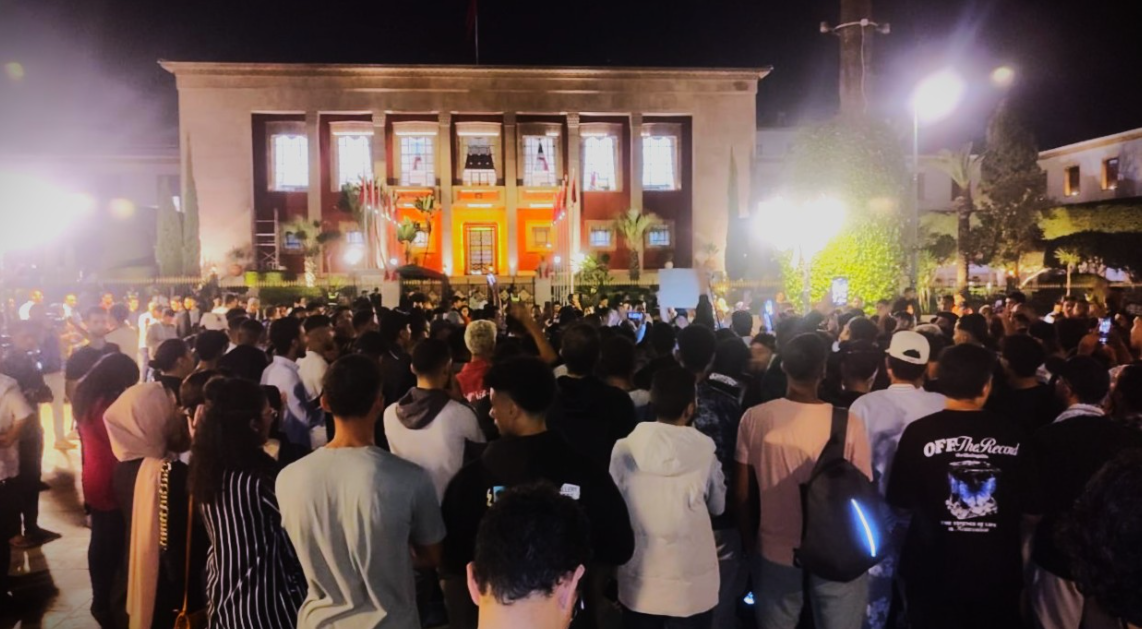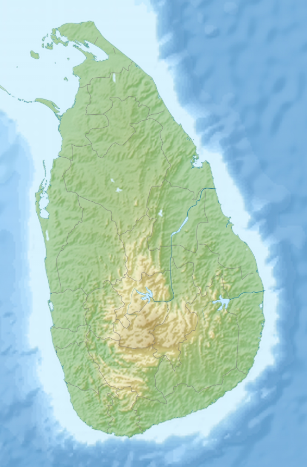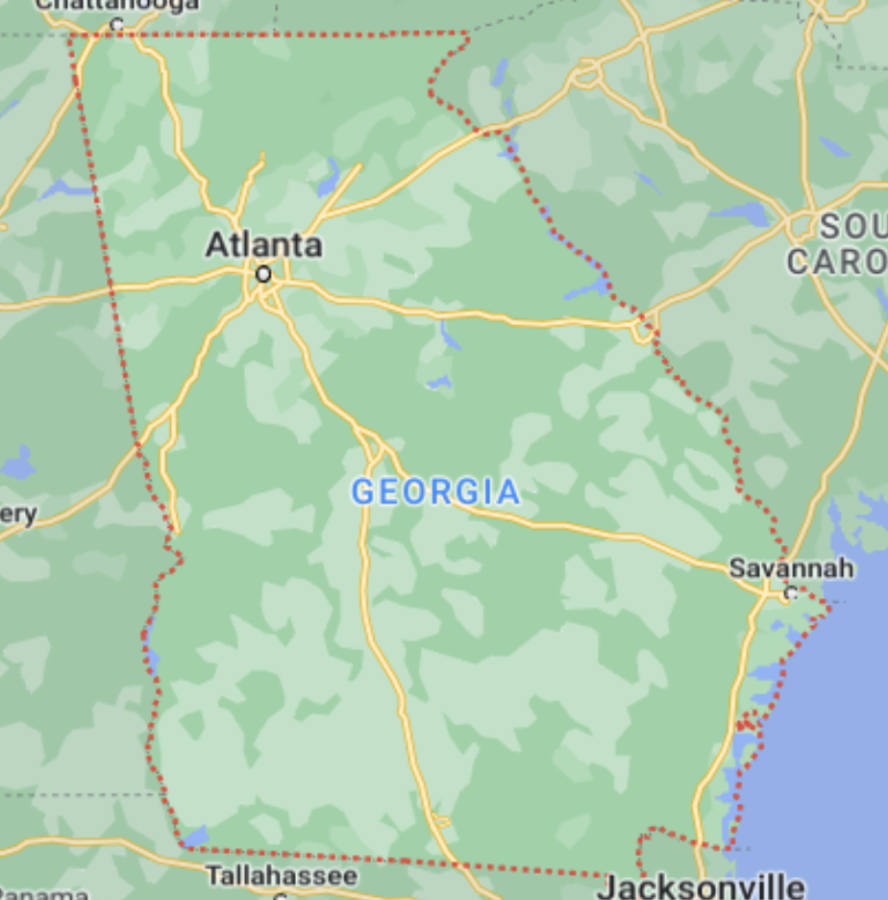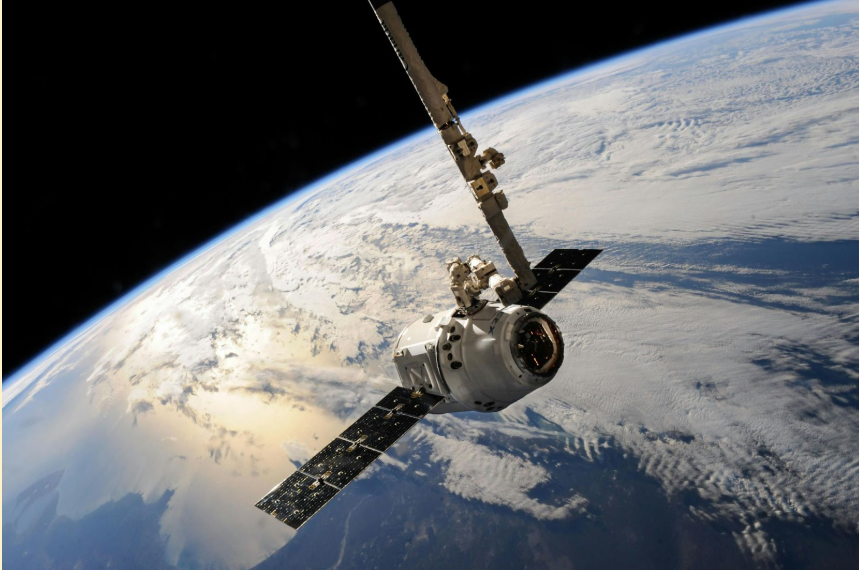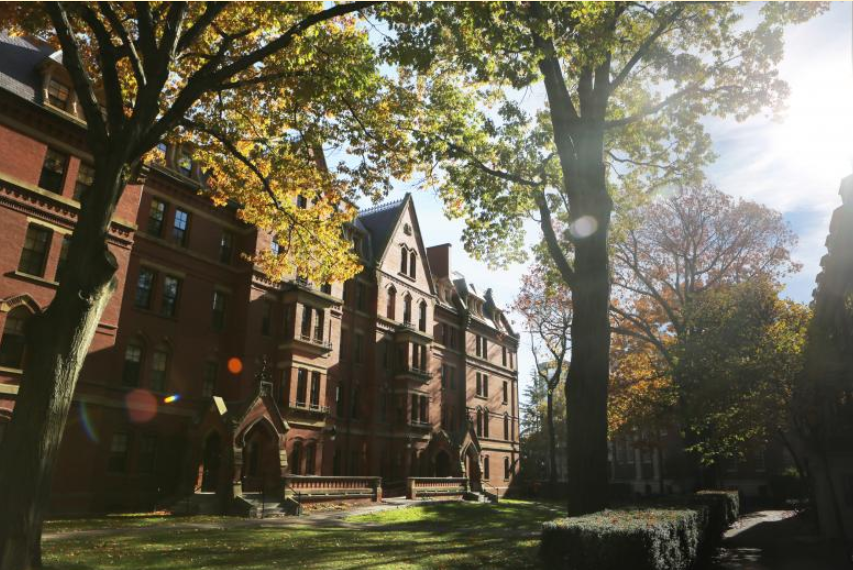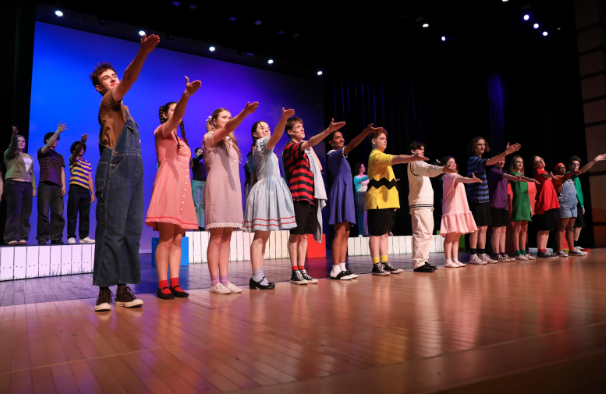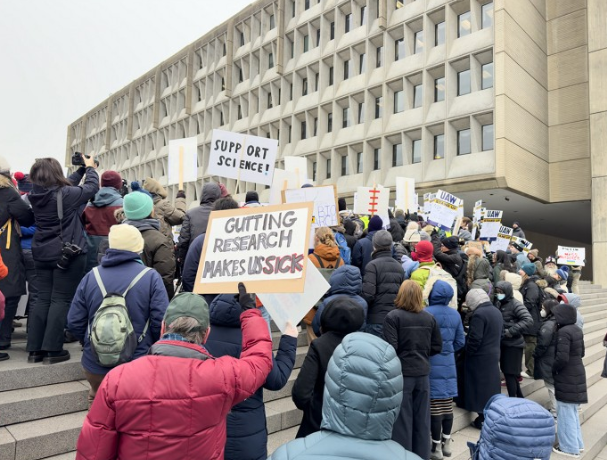On Oct. 17, Col. Michael Randrianirina was sworn in as the new President of Madagascar following his facilitation of the military coup that ousted former President Andry Rajoelina and took control of the government. Randrianirina stated that he will remain in the position for up to two years before an official election is held.
This was the culmination of weeks of protests by young Gen Z civilians, beginning Sept. 25, protesting recent power and water cuts, which attracted many other groups such as the military unit CAPSAT, or the Army Corps of Personnel and Administrative and Technical Services, that joined the protesters on Oct. 11. The unrest in Madagascar mirrors other protests as part of the Gen Z wave of discontent sweeping across the Middle East. These demonstrations have evolved to incorporate broader issues that they have observed in the country, such as corruption in the government, need for political reform and poor quality of life.
Rajoelina, who originally came to power after leading a coup in 2009, warned against the destabilization of the country. He also mentioned that he will resign if he fails to improve the state of the country in one year. However, after Rajoelina dissolved the government—firing his prime minister and entire cabinet—the protesters continued to call for his resignation.
These protests have steadily gotten more violent, with confrontations between civilians and law enforcement containing the use of tear gas and rubber bullets. However, CAPSAT urged the security units’ refusal to shoot at their fellow security forces, calling for their desertion of posts and disobedience to their superiors. Alongside Rajoelina’s resignation, protesters have called for more constitutional judges, election commission members and parliamentary leaders.
There have been at least 22 casualties as a result of the protests. Most recently, Randrianirina has chosen Herintsalama Rajoanarivelo—a businessman—to be his new prime minister, sparking criticism from the Gen Z protesters due to the lack of explanation and Rajoanarivelo’s connections to the previous administration. Protesters have stated that they will continue to monitor the acts of the new administration as they begin to deal with the aftermath of the turbulent political situation.



